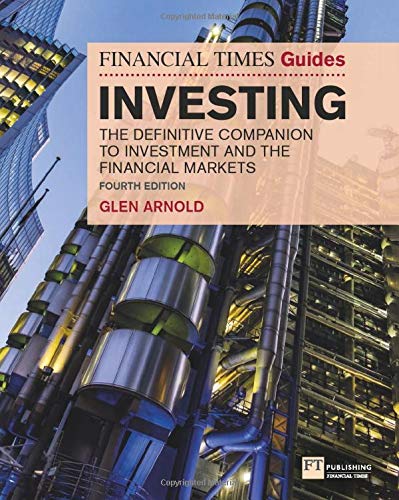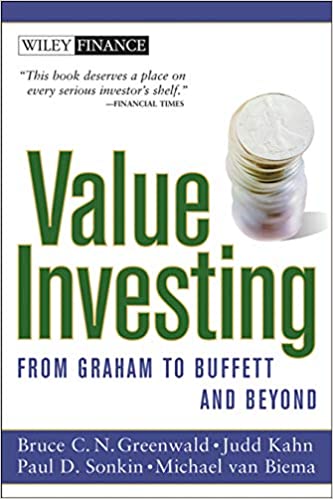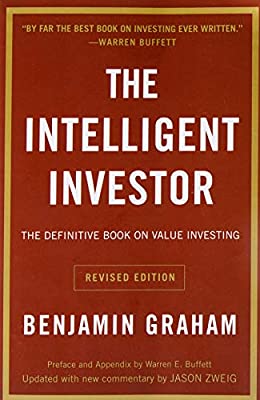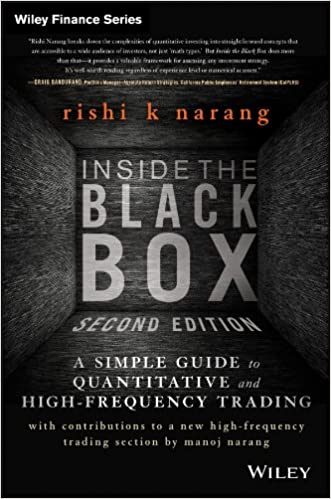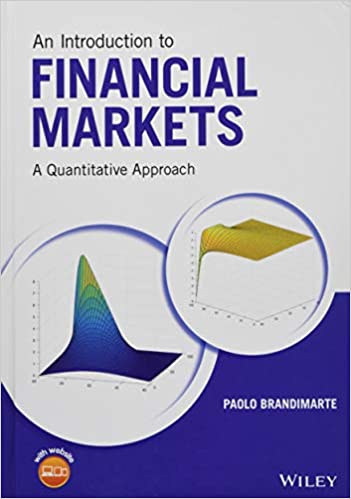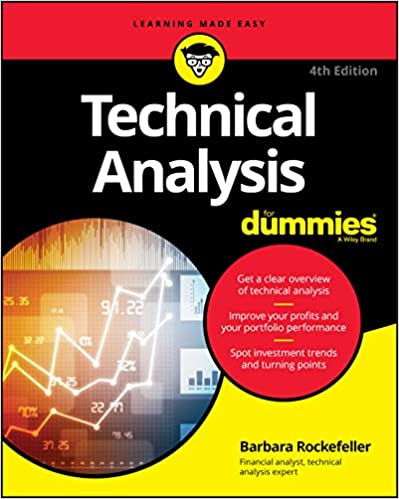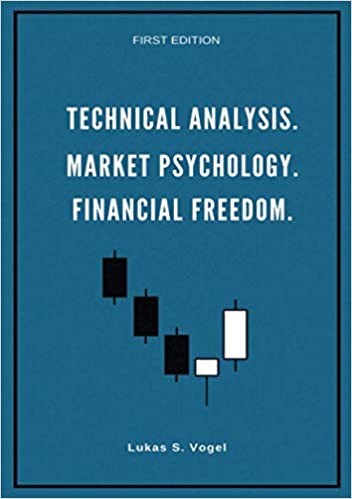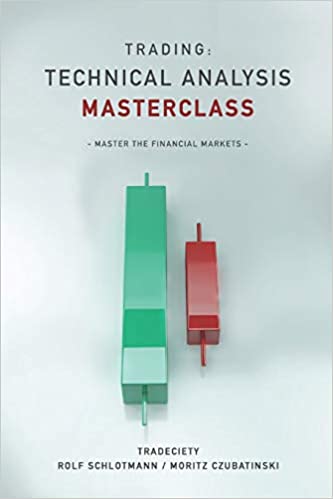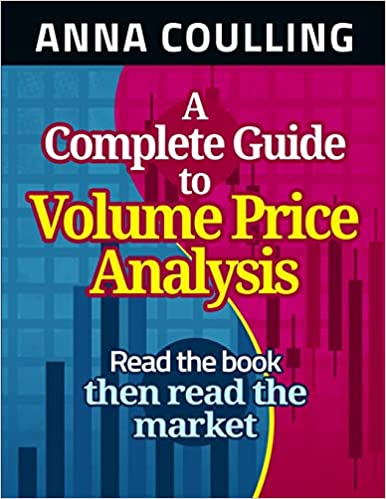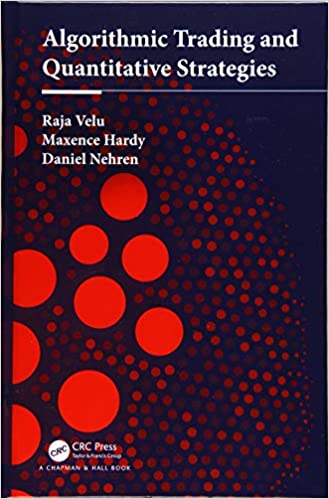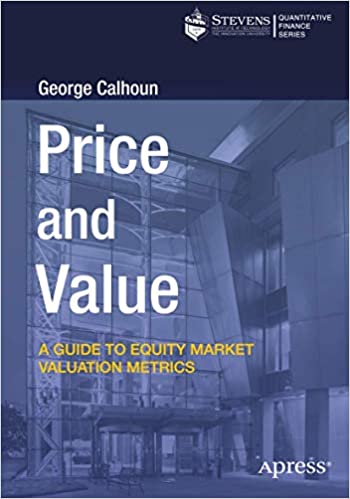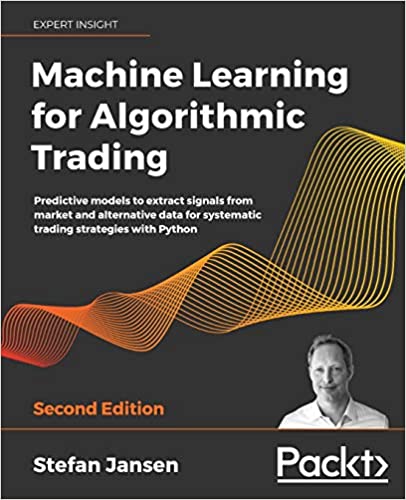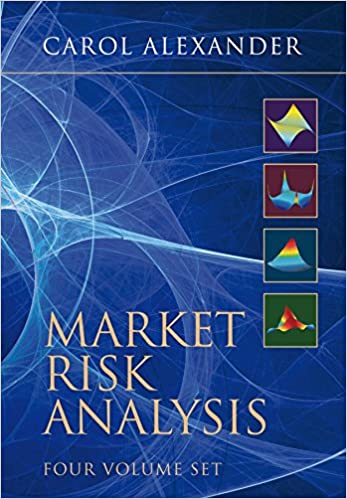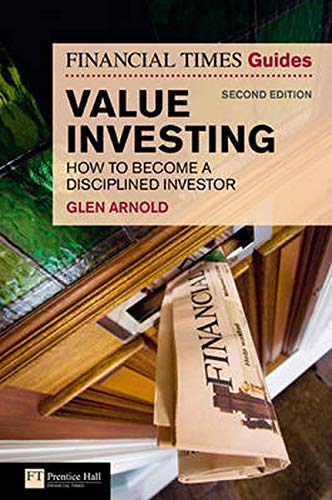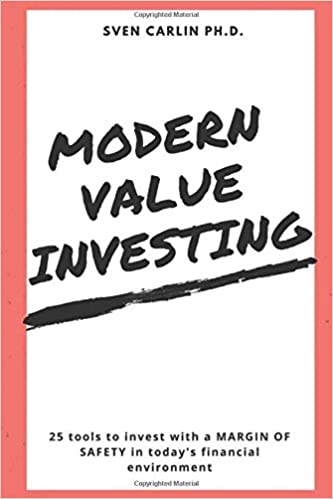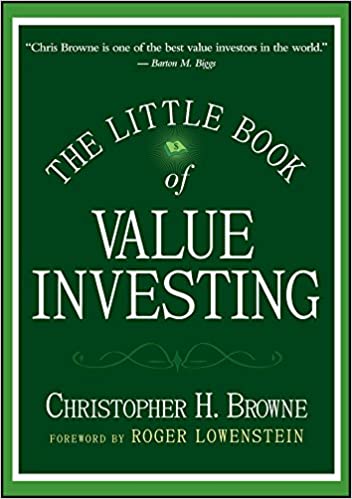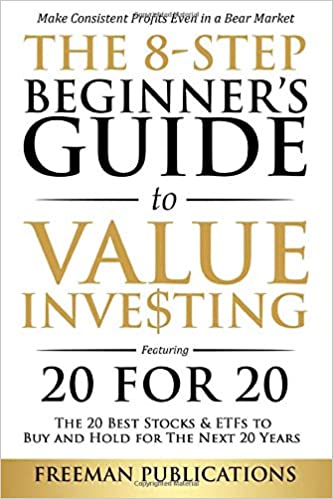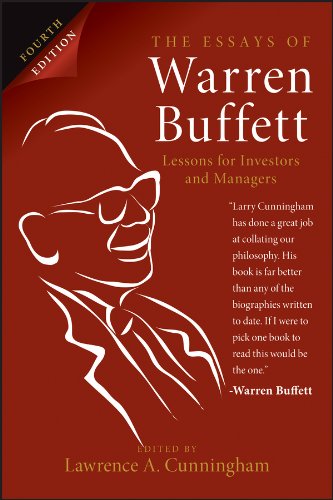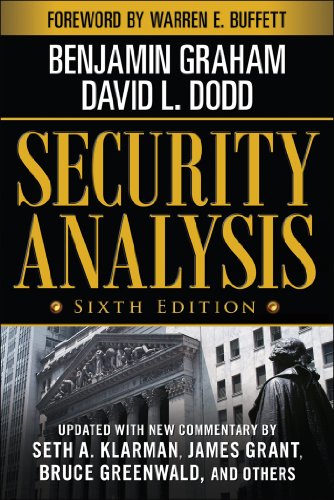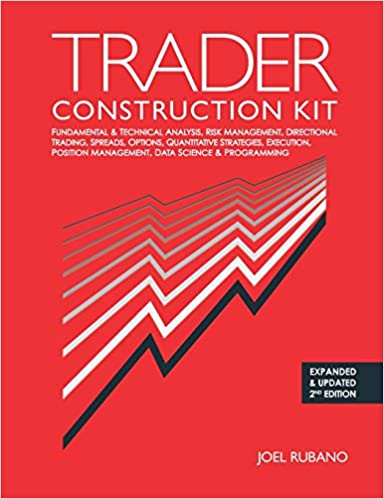Last updated: 20 December 2021. I've curated this guide to the best quantamental investing books to help you understand and embrace this new investment research concept as quickly and simply as possible.
As quantamental investing is on the cutting edge of the latest finance thinking - few books have been published on the subject, and several which have aren't worth your time.
Take a look below at the best quantamental investing books which I believe do introduce and expand upon the concept in an insightful way.
Many of the books below can actually be read for free with Amazon's Kindle Unlimited free trial, so bear this in mind.
As an Amazon Associate, I earn a small commission from qualifying purchases which helps to support this site. This does not impact how I compile the list. Happy reading!
What is quantamental investing?
Quantamental investing is a new term. Let's quickly define it. Quantamental investing is a hybrid between quantitative investing and fundamental investing.
Quantitative investing (Read more: quantitative investing books) is the use of data analysis and algorithms to execute usually automated strategies. Several well-known hedge funds follow a quant strategy.
Fundamental investing is an investment strategy built upon analysis of the underlying facts and circumstances of a companies. Examples include growth investing, value investing and dividend growth investing. (Read more: value investing books.) Warren Buffett is a high profile follower of a fundamental value investing strategy.
The marriage between these two terms occurs where an investment manager utilises large datasets to extract new and insightful fact patterns about fundamental factors. This might allow a fund to draw conclusions about the success of a new product roll-out, before the company even issues a press release on the topic.
Fundamental factors, fed with intelligence from vast datasets. This is quantamental investing, and the books below will take you into much more detail than this simplistic introduction.
Quantamental books versus quantitative + fundamental investing books
Quantamental investing is the combination of two existing investment strategies, so don't be fooled into thinking that you need to find a dedicated quantamental investing titles to give you the background you need.
Books with 'quantamental investing' on the cover don't yet exist, (or those that do, don't yet make the cut).
You'll get a great quantamental investing background by picking from the best examples of quantitative and fundamental books, written by specialists in those fields respectively. Even at the trading desks, quantamental investing is a collaboration between two groups of experts in two different fields.
Discover prime books on investing and finance
No boundaries, just your curiosity- Invest with confidence
- Finance industries
- Real estate & real assets
- Exotic investments
- The bigger picture
Books reviewed
Financial Expert 2024 Book Awards
Gold Prize
Financial Times Guides: Investing by Glen Arnold
Best quantamental investing books for 2022
Books which define the fields of quantitative and value investingBest quantitative analysis books for experienced investors
The definitive guides to the quantitative discipline, including algorithmic quant tradingClassic value investing books
Best sellers which remain incredibly popular among professionals and retailer investors alikeDownload all these quantamental investing books for free with Kindle Unlimited
You DON'T even need a Kindle device to download booksHere's a useful tip that will save you £100+ on quantamental analysis books. Sign-up to Amazon's Kindle Unlimited free trial, which offers access to all titles for free for 30 days.
- There's no obligation to continue with a paid subscription.
- You don't even need a Kindle to enjoy - any device will do.
If you're cost-savvy, you'll already be calculating the savings you could unlock and the knowledge you could gain by downloading 5 books over the next 30 days.
My Top 5 Quantamental Investing Books for 2021
Click covers to see latest reviews and prices1. Trader Construction Kit - Joel Rubano
Financial Expert Rating:
Synopsis:
"Trader Construction Kit is a comprehensive resource for undergraduate, MBA and Masters of Finance students interested in a career with a bank, hedge fund or other financial institution.
Trader Construction Kit is a practical guide to developing the skills and techniques employed by professional traders, including:
• Fundamentally and technically analyzing a market.
• Assessing the volatility and risk characteristics of the market.
• Developing a view, an actionable perspective on the future of price.
• Evaluating directional, spread, option & quantitative trading strategies.
• Weighing the inherent risk and reward in potential positions."
Who this book is for:
This book is a truly immersive guide to the world of quantitative analysis and trading.
Inside, you'll find technical analysis theory alongside practical chapters on how to put together a trading idea and execute.
This includes topics such as risk management and hedging, which whilst essential, aren't normally sought out by technical analysis readers and therefore are sometimes neglected in trading approaches.
That's why I was happy with how holistic the content was, allowing an investor to both understand the science behind a trade, but also execute it to a professional standard.
Now in its 2nd edition, published recently in 2020, author Joel Rubano looks to be a rising star in the field of quantitative & technical analysis.
Financial Expert Rating:
Synopsis:
"The greatest investment advisor of the twentieth century, Benjamin Graham taught and inspired people worldwide. Graham's philosophy of “value investing”—which shields investors from substantial error and teaches them to develop long-term strategies—has made The Intelligent Investor the stock market bible ever since its original publication in 1949.
Over the years, market developments have proven the wisdom of Graham’s strategies. While preserving the integrity of Graham’s original text, this revised edition includes updated commentary by noted financial journalist Jason Zweig, whose perspective incorporates the realities of today’s market, draws parallels between Graham’s examples and today’s financial headlines, and gives readers a more thorough understanding of how to apply Graham’s principles.
Vital and indispensable, The Intelligent Investor is the most important book you will ever read on how to reach your financial goals."
Who this book is for:
The Intelligent Investor is a timeless title written by the original value investor, Benjamin Graham.
Perhaps I should share the quote that Warren Buffett has lent to us regarding this title:
"By far the best book on investing ever written.” — Warren Buffett
Not much really needs to be said in addition to this. Every investor, whether they are fans of value investing or not, should read this book.
It's very affordable, still easy to read, and contains perhaps the best introduction to value investing to date.
Financial Expert Rating:
Synopsis:
"What are the key principles that have served great investors for over half a century?
Is there anything that we can learn from those investors who have displayed an enviable performance on the world’s stock markets?
In this ground-breaking book, bestselling author Glen Arnold addresses just these questions. He provides a set of guidelines which join value principles and growth attributes with the philosophies of the world's most famous investors.
Originally published as Value growth Investing, this new edition has been updated throughout. The Financial Times Guide to Value Investing conveys fundamental concepts, provides practical methods and offers sound reasoning to guide investment selections."
Who this book is for:
Value Investing by Glen Arnold (who incidentally, has written the title which tops my list of the best investing books), lands at #2.
So what can you expect to learn from this value investing book?
- An overview of the investing philosophies of iconic investors such as Warren Buffett, Peter Lynch and Benjamin Graham
- Shows what ordinary investors should focus on when looking to invest
- Provides tools for analysing key investment factors
- Delivers a coherent investment strategy today for growth tomorrow
- Proves that great investing requires great principles
Financial Expert Rating:
Synopsis:
"Readers of Warren Buffett's letters to Berkshire Hathaway shareholders have gained an enormously valuable informal education in the art of investing. Broad in scope and long on wisdom, Buffett's letters explain his principles on sound investing, selecting managers, valuing businesses, using financial information profitably, and other vital topics for investors.
This newly updated Fourth Edition includes Buffett's latest wisdom on such topics as the financial crisis, the housing bubble, corporate governance, Berkshire Hathaway's acquisition of Burlington Northern Santa Fe, the role of oversight in heavily regulated industries, today's best investing opportunities, and the weaknesses of popular option valuation models."
Who this book is for:
If only the world's greatest investor provided a regular dissection of their investment decisions, and reflected upon their mistakes?
Well, thankfully, he does. Each year, Warren Buffett pens a letter to shareholders of his conglomerate Berkshire Hathaway. He's been doing so since 1977, and the letters have sometimes been as long as 60 pages!
This fantastic book condenses and edits these letters to provide a trove of wisdom for investors in general.
Warren himself has approved the book. With a rating of 4.6/5.0 of Amazon with over 150 reviews, it appears that investors do too!
Financial Expert Rating:
Synopsis:
"In this updated edition of his bestselling book, Rishi K Narang offers in a straightforward, nontechnical style—supplemented by real-world examples and informative anecdotes—a reliable resource takes you on a detailed tour through the black box.
He skillfully sheds light upon the work that quants do, lifting the veil of mystery around quantitative trading and allowing anyone interested in doing so to understand quants and their strategies. This new edition includes information on High Frequency Trading.
Offers an update on the bestselling book for explaining in non-mathematical terms what quant and algo trading are and how they work
Provides key information for investors to evaluate the best hedge fund investments
Explains how quant strategies fit into a portfolio, why they are valuable, and how to evaluate a quant manager.
This new edition of Inside the Black Box explains quant investing without the jargon and goes a long way toward educating investment professionals."
Who this book is for:
Whilst most of the book featured on this page are highly detailed and aimed at serious investors, I've decided to give position #2 to a more accessible title.
Inside the Black Box is a hardcover title published by Wiley which gives a glimpse into the secretive and fast-evolving world of algorithmic quantitative trading.
This isn't a book designed to teach you to become a quant trader, its for investors who want to understand the risks and rewards of quantitative investing strategies.
Sophisticated investors have been able to buying into hedge funds running quant strategies for several years - this book might give you the confidence to take the leap yourself with a small portion of your portfolio!
Download all these quantamental investing books for free with Kindle Unlimited
You DON'T even need a Kindle device to download booksHere's a useful tip that will save you £100+ on quantamental investing books. Sign-up to Amazon's Kindle Unlimited free trial, which offers access to all titles for free for 30 days.
- There's no obligation to continue with a paid subscription.
- You don't even need a Kindle to enjoy - any device will do.
If you're cost-savvy, you'll already be calculating the savings you could unlock and the knowledge you could gain by downloading 5 books over the next 30 days.
Quantitative analysis is here to stay
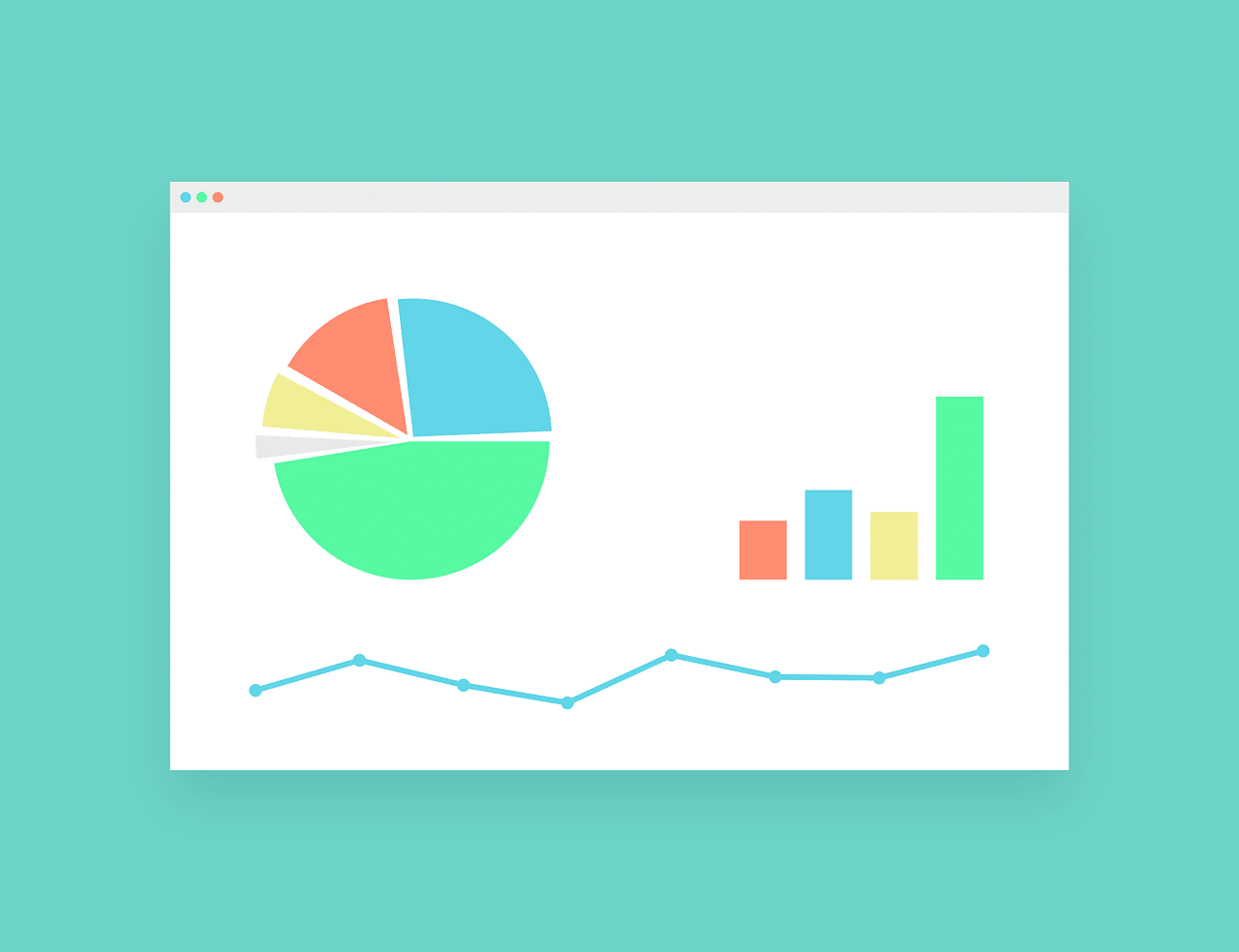
"Though quantitative traders are certainly curious about how they will make money applying quantitative analysis to the markets, the more encompassing question is why they can make money in the markets."
The quantamental investing shift
If we take the strength of human creativity and discovery, and combine with the raw power and efficiency of big data and computing, you have a super-human.
In such a way, quantamental investing is staging itself as the next stage in the evolution of active fund management and hedge fund management.
By blending the two styles together, the weaknesses of each are negated, and the strengths are leveraged.
Take fundamental investing, for example. The strength of a good fundamental analyst is to discover a trend - to connect the dots and understand that a shift in a companies prospects is either temporary or likely to remain.
In an ETF saturated world, where the amount of capital following thoughtful and selective approaches is actually shrinking as a share of total assets managed, this approach will only get more valuable.
However, fundamental analysis is incredibly time intensive. Much like a journalist or researcher, an analyst needs to find a genuinely novel insight to gain a market edge.
Simply reading press releases and performing financial statement analysis will not be enough - every analyst covering the company will do the same.
Read more: Financial statement analysis books
Quantitative analysis helps unlock novel insights by gleaning them only after processing a large data-set at lightening speed.
Any insights drawn from huge datasets couldn't be replicated by a human analyst, as the volume of data wouldn't have been practical to review. The analysis method may have also been non-standard, and thus completely novel (until other firms catch-up).
This approach isn't constrained to the equities market either - commodities markets and forex markets are also ripe for a quantamental revolution.
Read more: Commodities trading books
You can see how these strategies perfectly complement one another. With the human providing strategic direction and an understanding of trends, and the quantitative element providing the firepower to process enough information to generate what could be labelled a 'proprietary insight', or at least an insight which is produced quicker than your standard active manager.
About the best quantamental investing books
Quantamental investing is a weighty subject. It could take two years to become a value investing expert, two years to become a growth investing expert, and two years to become a quantitative investing expert. So you could be looking at six years to become proficient in all elements of the quantamental approach.
However, if you're looking to apply key elements of quantamental investing in your own investment portfolio - you only need to own 1-2 of the best books of each category to begin. You might not achieve mastery of each technical discipline, but you'll know enough to be able to apply the approach, and call yourself a quantamental investor.
Unlike my other investing book recommendations, not all of these titles are perfect for beginners. Where this is the case, I'll flag this up. It's important to be modest and realistic about which books would be the right purchases for you, depending on your existing level of knowledge. If a quantitative or technical analysis book overwhelms you with jargon and science in the first few chapters, this may actually set you back by turning you off the subject.
Prices for fundamental and quantitative books aren't always cheap - they are known to be some of the most expensive books about financial markets. This is jointly the result of their level of detail, and the number of pages taken up by charts, diagrams and tables of figures.
Explore the best books in more genres
General personal finance
Trading the financial markets



